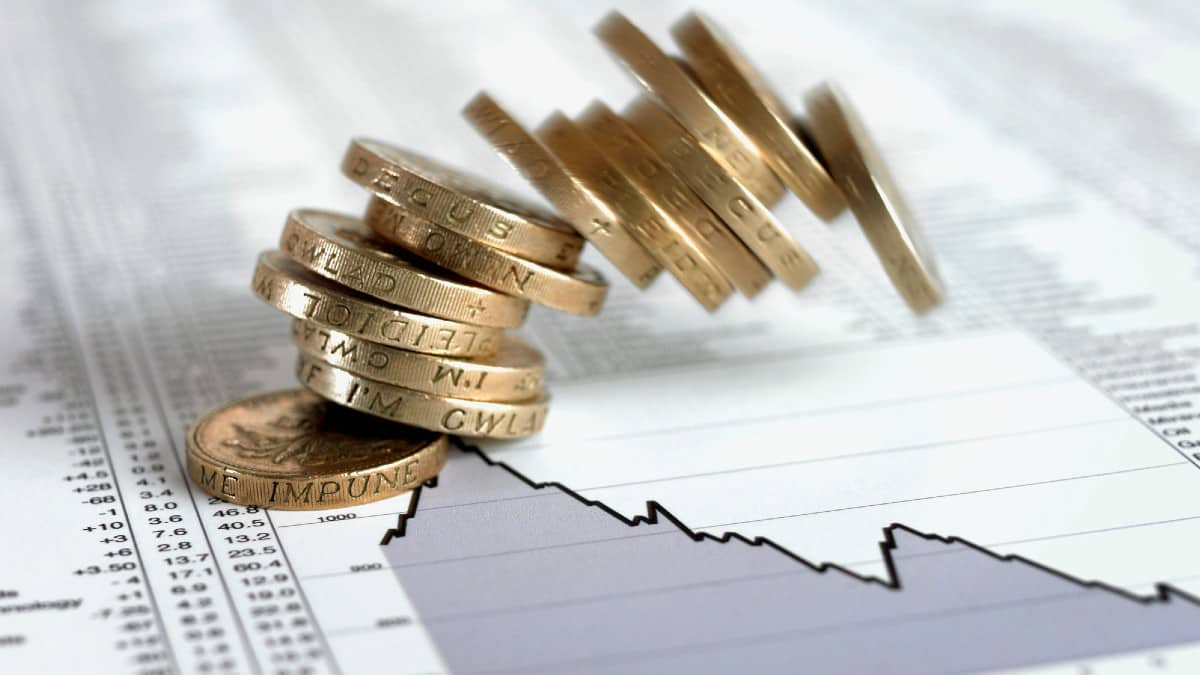Jordanian authorities have warned that they would crack down on violent demonstrators after a policeman was killed and two others were injured during protests sparked by anger over the rising cost of living.
The warning from the public security directorate on Friday follows demonstrations by thousands of lorry drivers over high fuel prices, which brought disruption to some parts of Jordan’s poorer south earlier this week.
Protests also flared overnight in the capital Amman as well as in Zarqa and Irbid, the Middle Eastern kingdom’s second and third-largest cities, with riot police facing off against youths throwing stones.
The public security directorate said Abdul Razzaq Abdel Hafez al-Dalabeh, a deputy police director in the southern Ma’an governorate, was shot in the head while dealing with “riots” in Husseiniya on Thursday night.
The directorate added that while it was prepared to accept peaceful protests, it would “strike against anyone who attempts to attack lives and public property and threatens the security of the homeland and citizens”.
Later on Friday, it said that it had temporarily suspended TikTok, claiming that the short-form video app had been the subject of “misuse”.
A 10mn-strong country bordering Israel, the occupied West Bank, Iraq, Syria and Saudi Arabia, Jordan is a close ally of the US and has long been regarded as one of the more stable countries in a volatile region.
But its population, which includes 3mn mostly Palestinian and Syrian refugees, is particularly exposed to increased food and energy costs sparked by Russia’s invasion of Ukraine. Gross domestic product per capita stood at just $4,405 in 2021 and unemployment is close to 20 per cent, according to the World Bank.
The country, which does not have significant natural resources, has long been economically reliant on international aid. At the end of 2021, public debt was 113 per cent of GDP, according to the World Bank. In September, the US agreed to provide the kingdom with $10bn in aid in the six years to 2029.
Jordanian authorities have said they are prepared to consider the lorry drivers’ demands for cuts in fuel prices, but have stressed that their room for manoeuvre is limited if they are to abide by the terms of an IMF structural reform programme.
Under the programme, Jordanian fuel prices are updated every month to take into account movements in global prices. Officials said the country had already spent 500mn dinars ($705mn) on capping fuel prices this year.
Credit: Source link














